We recently connected with Lionel Felix and have shared our conversation below.
Lionel, looking forward to hearing all of your stories today. Folks often look at a successful business and imagine it was an overnight success, but from what we’ve seen this is often far from the truth. We’d love to hear your scaling up story – walk us through how you grew over time – what were some of the big things you had to do to grow and what was that scaling up journey like?
in the spring of 2017 we almost crashed the business. We had a ton of work and were super busy but we never knew if we were truly profitable, by how much? We had money in the bank but what does that money MEAN? Is it profit? Is it not enough to cover open work? We were in the dark. One Monday morning the bookkeeper announced she was leaving in a week, we had 7K in the bank, and payroll was due. I was panicking. It became clear that no one was following up on AR, we had no visibility into our finances, no concept of what was “good work” and what was a trap and everyone was scared to death.
I’m lucky, I have friends I can go to and ask to borrow 20K and get it the next day. But that only put a bandage on the wound. We needed to find out what was killing us. I got all of the exec team into a room and a few things became apparent. We needed to shake the AR tree and within weeks, AR averages went from 90 days to 30. Cash flow is the bloodflow of the business. But even with AR, we didn’t KNOW what the money meant that we had. Our new CFO, my wife Lindsey, implemented Profit First, a model based on a best-selling business book. It divided up all of our money into accounts for taxes, opex, work in progress, savings and of course PROFIT. We calculated out WIP gap and knew instantly the difference between what we had in the bank and what we needed to fulfill all jobs. We went from living in a fog to having 20/20 perfect vision. It was clear that we were working too hard for too little profit. It was time to address the actual business problem…
We failed to align our business with the ideal customer. We were winning all sorts of business from churches to tack trucks to offices. In the room with the execs we asked “what is the ideal customer” and everyone had a DIFFERENT ANSWER.
Finance wants a customer who pays on time, and jobs that have a gross margin over X and projects that don’t drag on forever. field ops wants projects that are the SAME as the work we do best, not weird or complex and random stuff. Core stuff. Sales an biz dev wanted business from clients who come back and that leads to more work. There were more metrics. We turned that into a matrix that represents the totality of what is a great client.
What would kill most businesses, thankfully didn’t kill us because we were able to think quickly, act quickly, ask the hard and right questions and then, execute. Since then we have been on the Inc5000 4 times in a row, a feat only achieved by 15 companies in the history of the Inc5000
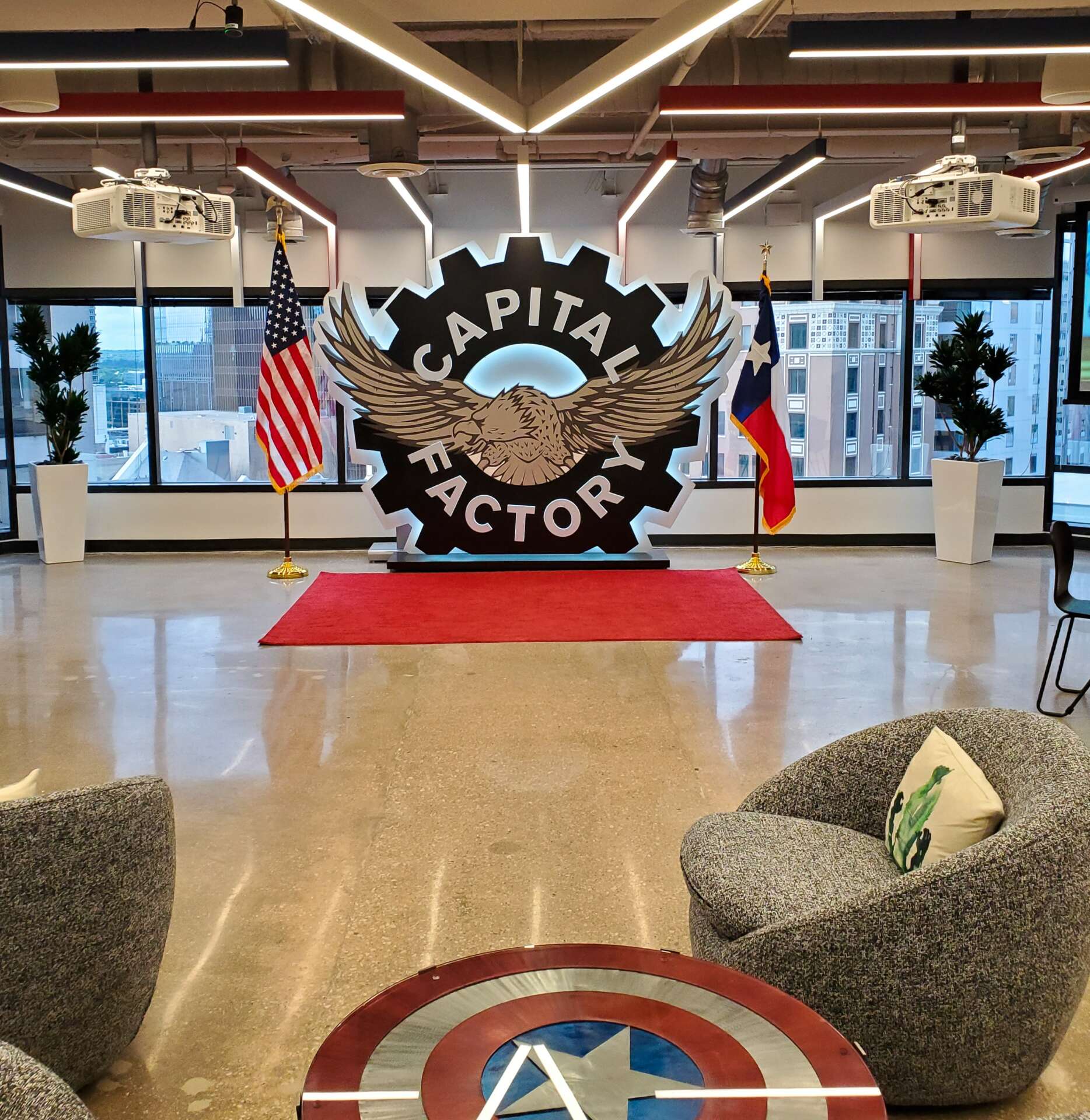
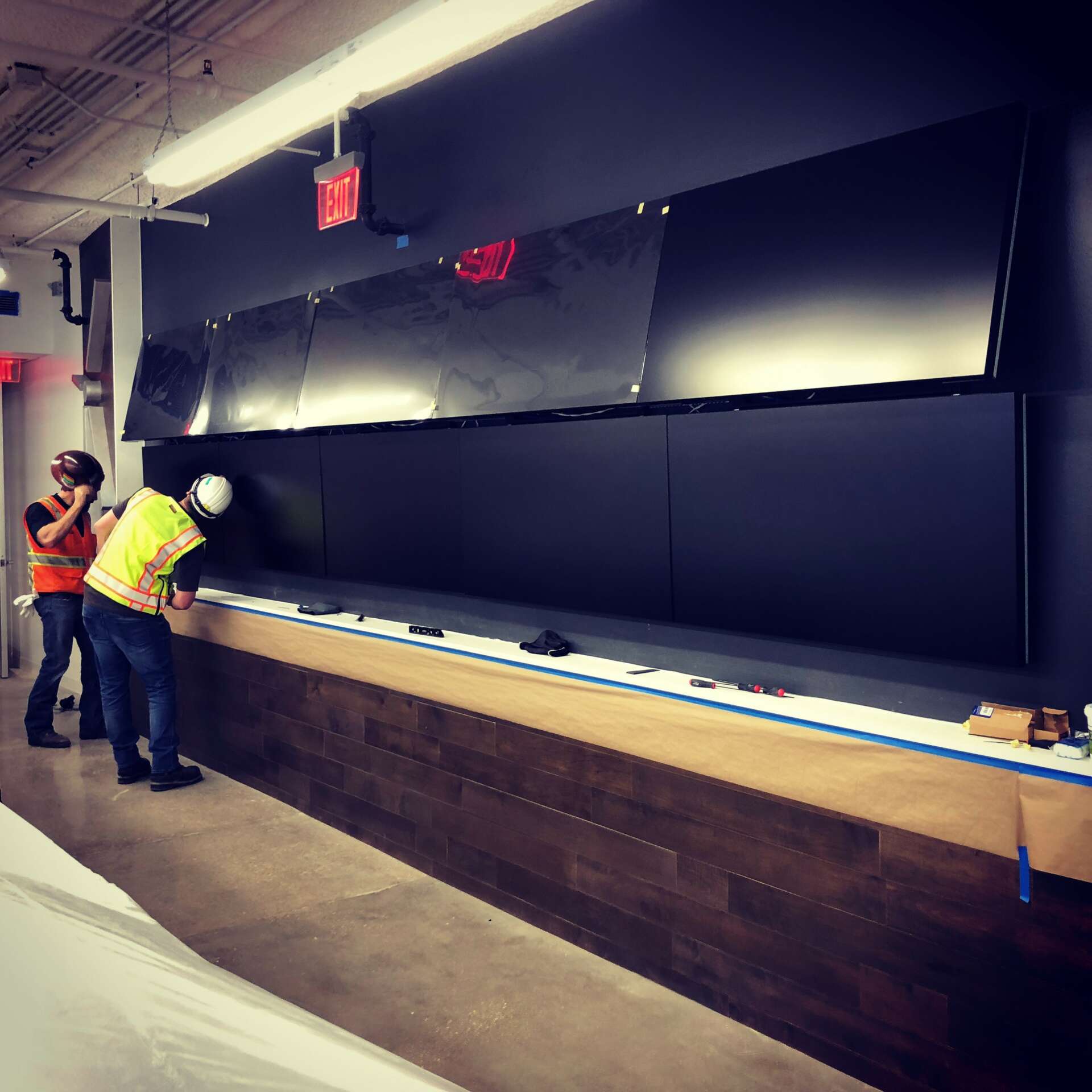
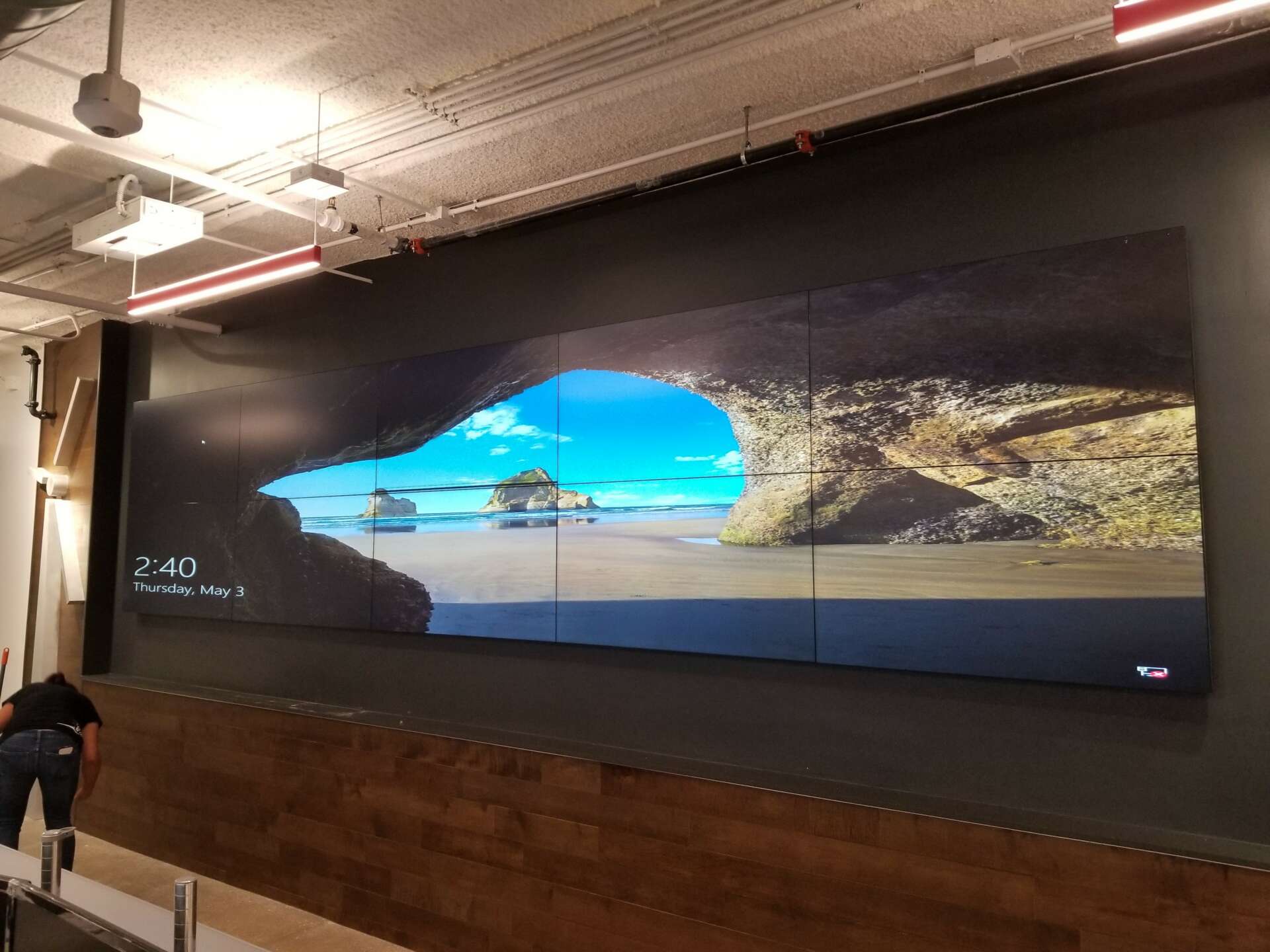
Awesome – so before we get into the rest of our questions, can you briefly introduce yourself to our readers.
About Lionel Felix: Raised in NYC, Santa Fe and Los Angeles. Techie and side-hustle since I got my first Commodore 64. Went to school for film and ended up in IT. Worked as an IT helpdesk, manager, director and VP for Dell, Motorola, frogdesign, Sony Pictures and Y&R. Left IT for AV as a lark and suddenly we had employees and a warehouse! I’m marrying our CFO in December 2019, dad to two big dogs and constantly playing with blinky things in my spare time
We are a design/build audiovisual and security company that focuses on commercial work. We are based in Austin and are one of the largest privately owned companies of our kind in the state.
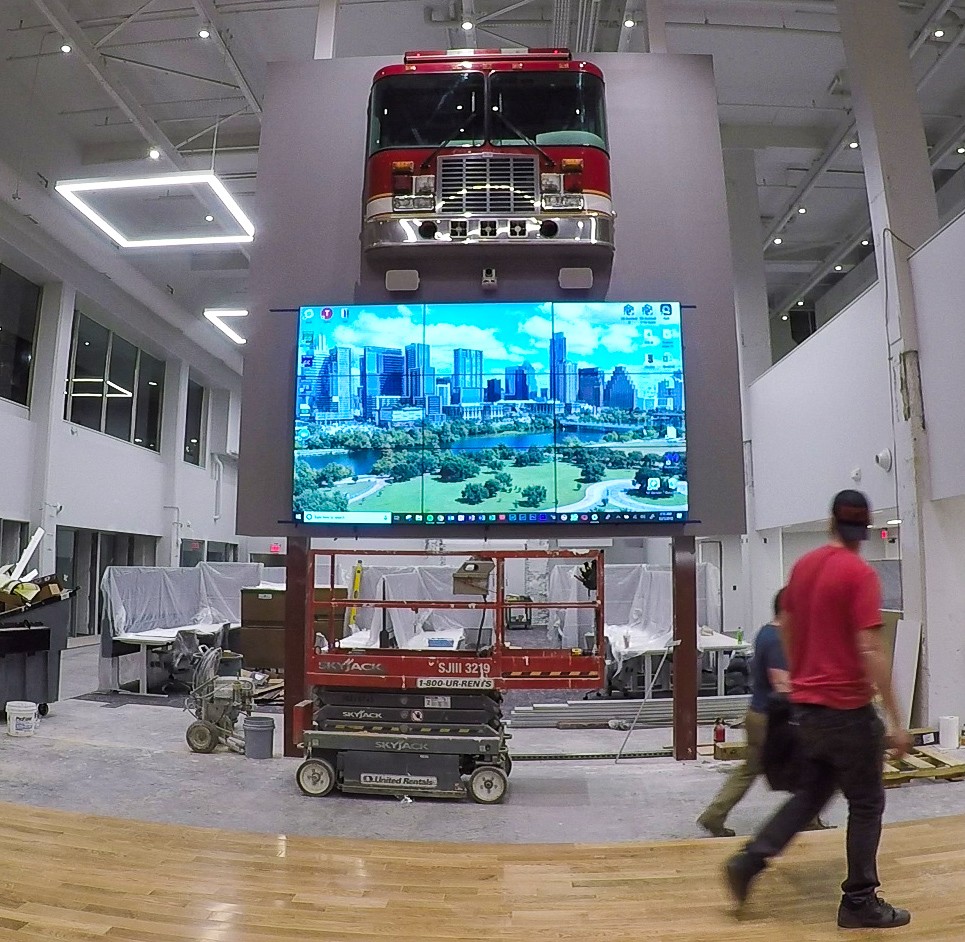
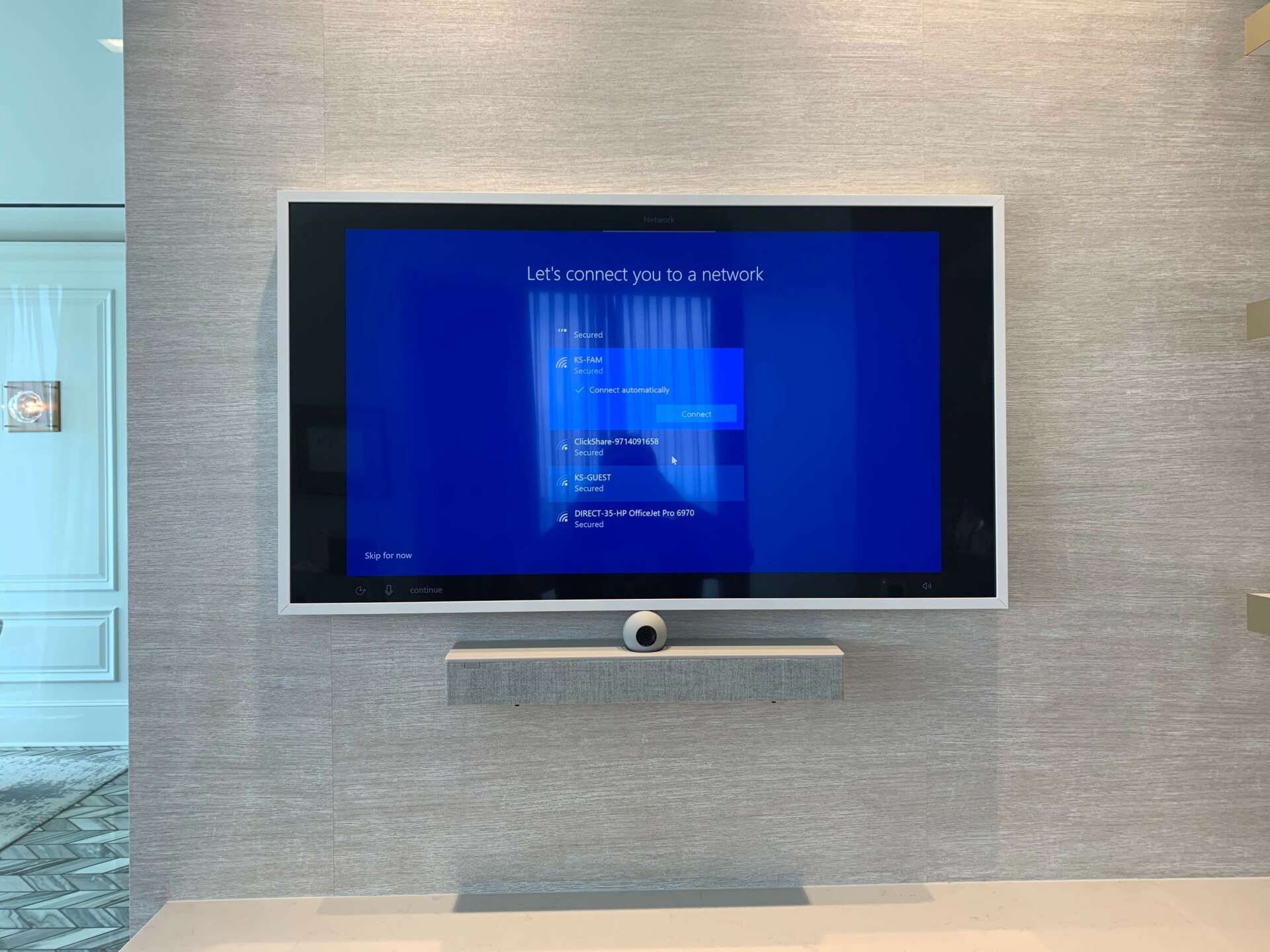
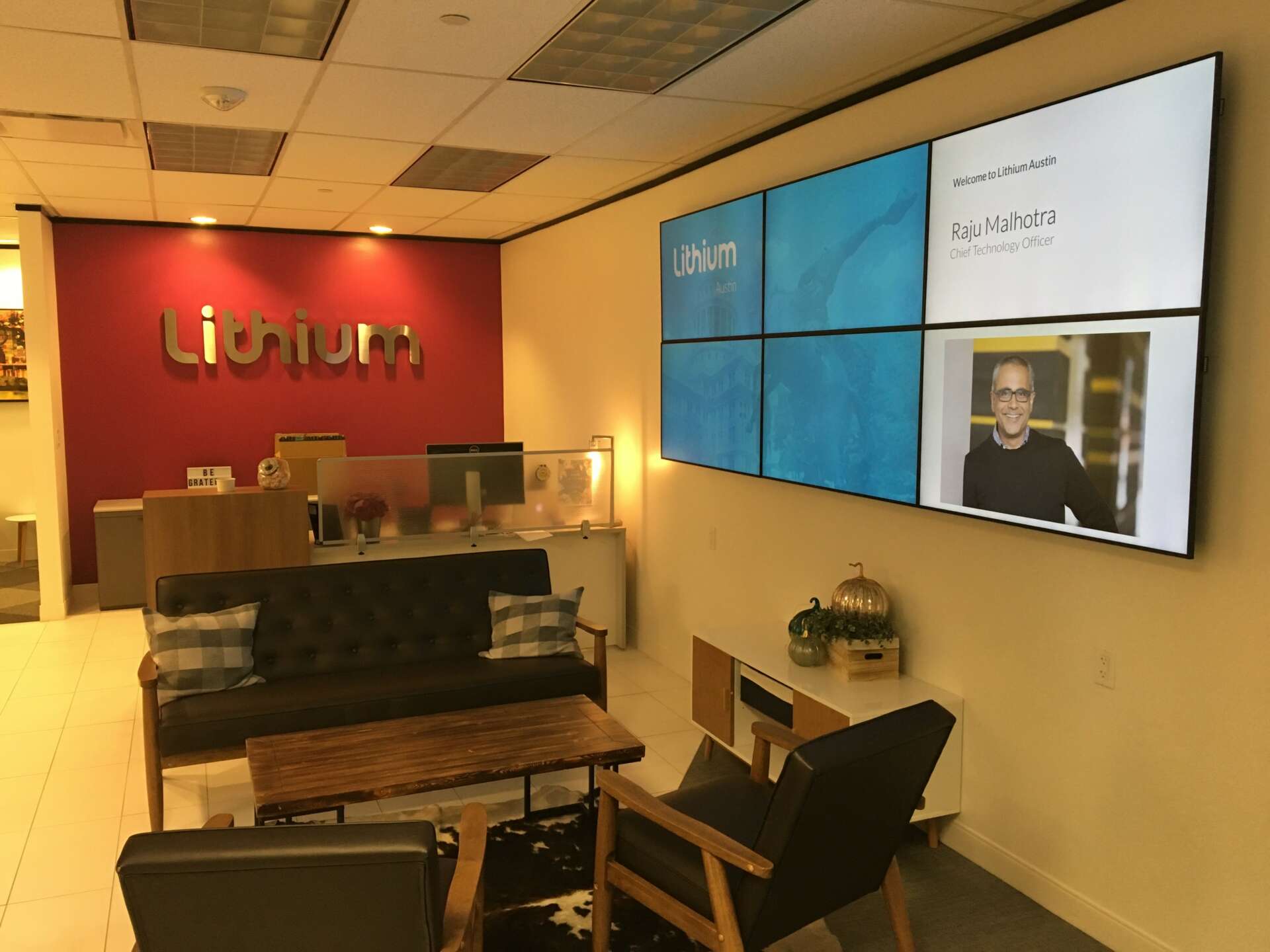
Let’s talk M&A – we’d love to hear your about your experience with buying businesses
I found out about a business that used to be a competitor, that was also going out of business. They had the bad luck of getting hit with ransomware, an employee exodus and COVID. What was a 20M/yr business was on the way to the dustbin. Most businesses that do project work are not worth a lot without recurring revenue and a big customer base, intellectual property, assets, etc. When I reached out to them they were winding down the company and had almost no one left. But they had a golden egg, a government contract that works like a black box, it would let us sell into gov customers with far fewer restrictions than other contracts.
Negotiating the value of a business is a dance and one a lot of prospective buyers get wrong, a lot. Someone’s business is their baby and by lowballing them, you’re saying their baby is ugly. Tactics to show the “real value” of someones business often comes off as insulting and the seller will get turned off. I made sure to tell the seller all of the amazing things about their company because, a 30-year-old business is actually amazing. They achieved a lot, blazed trails and this is a good time to wind down being an owner and I would take care of his remaining staff with respect and dignity and we just needed to come to an agreement on what assets would transfer and what the prices would be for them.
It was a fantastic process with lots of little frustrations and a great opportunity to be a problemsolver and coach. The contract was its own comedy of allow this, refuse that, word changes, meaning clarifications and it was important that we went into that part with the spoken ideal of we will work on this and get through it and nothing is personal.
The deal was completed and to my great disappointment, there was no fanfare. We met in a restaurant and signed papers at the bar. No champagne. No music. But that’s the reality, it’s business and business is deals large and small.
We migrated his staff over who had been with the same company for at least 20 years each, so integrating them was a whole new challenge of “we didn’t do that there!” but it was also entered with an open heart.
I love the process of acquisition and I have been on both sides of these discussions.
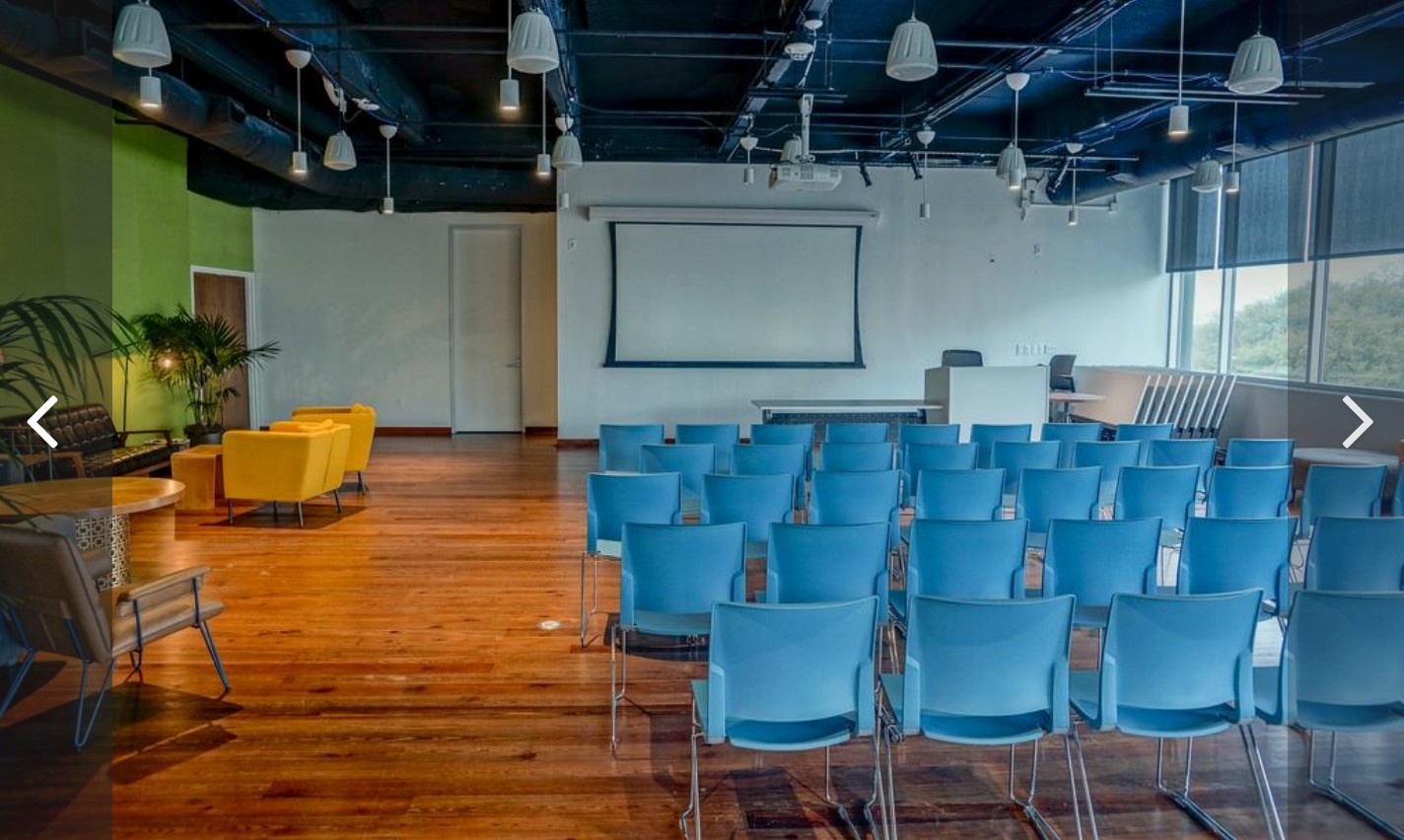
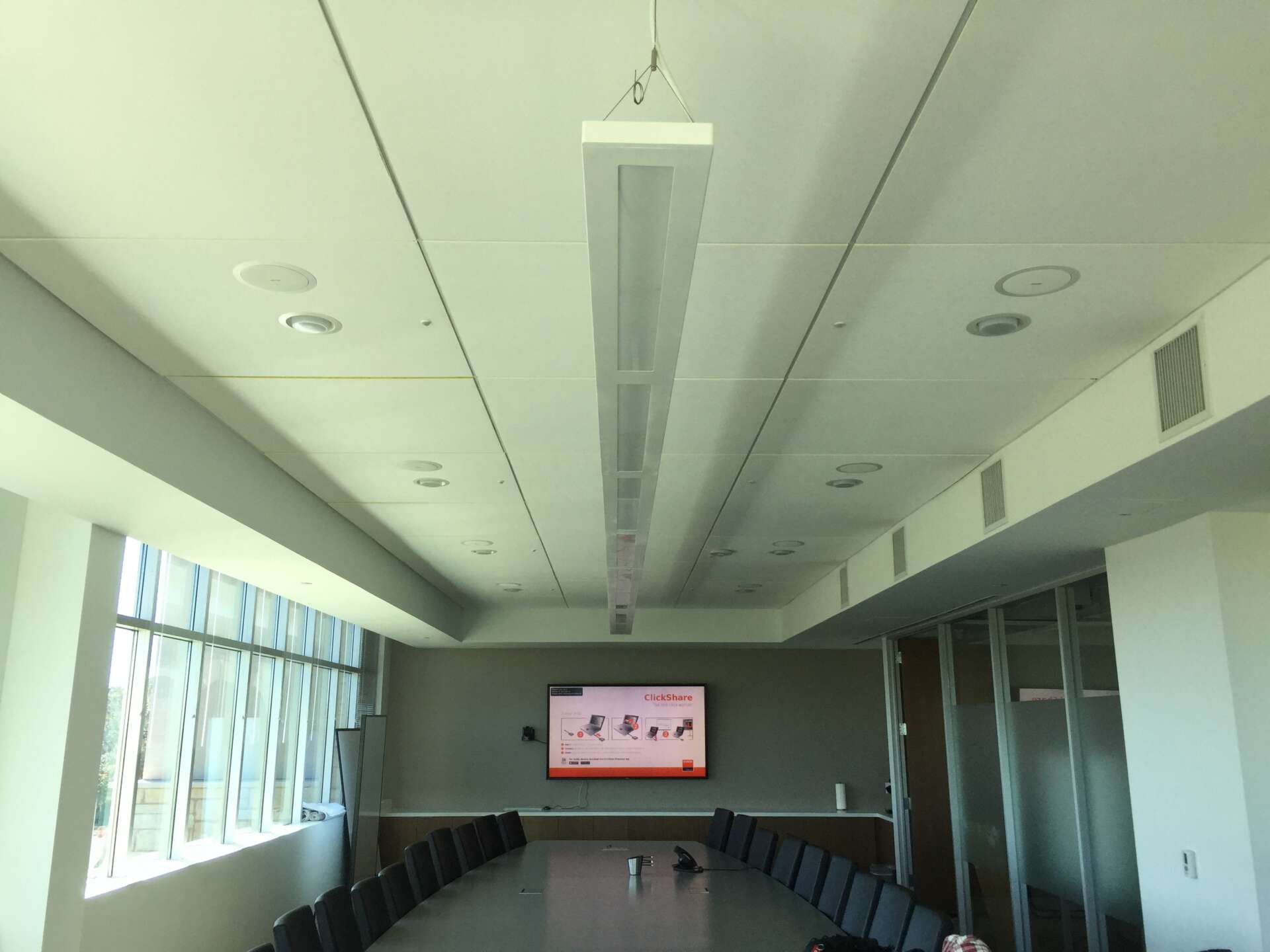
What’s been the most effective strategy for growing your clientele?
Our ability to grow meant we had to figure out what all of the competitors were doing wrong and what did we need to do to not just edge them out, we needed to exploit it. In the world of doing large projects for customers, what we saw over and over was an appalling lack of aftercare. Companies did 95% of the work, didn’t really wrap it up, went on to the next thing and were impossible to get to come back and take care of the last 5%. So we focused on delivering that and talking about that with every new props[etc. “We will complete the project in it’s entirety and support it through it’s whole life with amazing customer service and support”. I come from enterprise IT and I know what VERY BAD IT looks like and I know what very good IT looks like. We went heavy on support and white-glove. We also positioned ourselves early as a premium-level company. We show up looking tidy, nice clean shirts, well groomed, well spoken. If you show up looking like the landscaper people will treat you like the landscaper. We crafted an entire identity that represented what we wanted people to see in us and we marketed this. But we did the marketing very differently than what you normally see.
We do not do AI or automation. In the world of larger projects, no one is going to find up because of a Facebook ad, no one will buy from us because we do good TikToks and Insta. We instead go a little old-school, we write personalized emails and messages. We sound like we did our research on them and their company, and we write messages that fit that specific customer. Our hit rate is fantastic. Sure, we do some email blasts but no more than 4 a year. For us and our industry, that is enough. We do zero PPC but we are HEAVY on SEO. If you look for commercial AV in Austin, we own it on SEO. We are so good our SEO spend to revenue is 1/500.
The strategy for winning big clients is to identify the actually attainable market, pick the customers that intersect with you on size, relevance, and ability to crack. We will never try to win Apple or Google or an F500 company. Yes, they come to us for projects but as their Main Vendor, they use bigger national companies. We go after the rightszed customer and when we did the analysis, the attainable market that is a fit for us is quite manageable. Then we go after them with business development which is in itself a whole other story.
Contact Info:
- Website: felixmediasolutions.com
- Linkedin: https://www.linkedin.com/company/felix-media-solutions/


